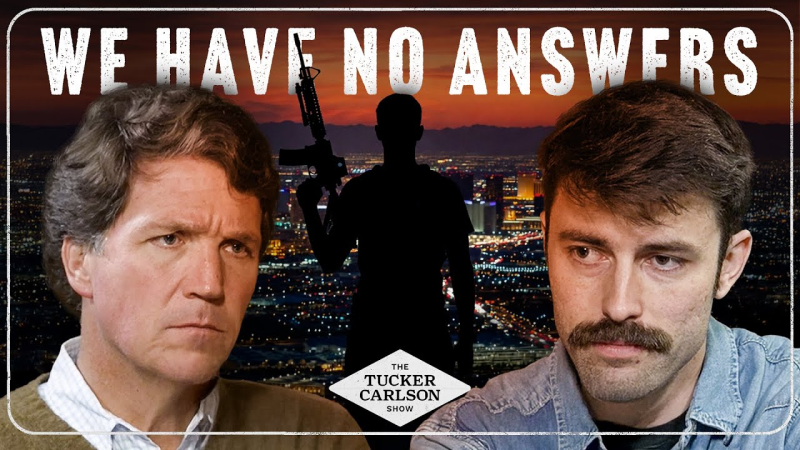On a recent episode of his YouTube show, medical commentator John Campbell, Ph.D.,
shared the “absolutely tragic” testimony of Lianne Menzies about the death of her 38-year-old husband, Jamie, after he was diagnosed with COVID-19.
The segment is part of Campbell’s coverage of Scotland’s ongoing COVID-19 Inquiry, which includes testimony from government officials and Scottish citizens affected by the country’s COVID-19 response.
The independent inquiry, which concluded testimonies today after more than 50 days, is investigating failures in Scotland’s response — including how hospitals administered dangerous end-of-life protocols when they may not have been necessary.
When Jamie was admitted to the Monklands Hospital Airdrie in March 2020, he had been undergoing intense cancer treatment. Healthcare providers suspected he had contracted COVID-19.
Given his cancer history, Jamie was asked to sign a DNR, which “terrified him,” Menzies said.
He refused, but the hospital staff continued to press him, asking him to sign the DNR five times within 24 hours. He refused each time and begged his wife never to sign one for him.
Such practices are “completely unacceptable,” said Campbell, who has a Ph.D. in nursing and over four decades of clinical experience. “We should not be terrifying our patients. This is not good clinical care.”
A doctor later diagnosed Jamie with COVID-19, but said he was improving. He was up and around, joking and seemed well in their Facetime chat, Menzies testified.
The next day, she said, hospital staff asked her if she understood that Jamie was going to die. They gave him midazolam, a strong benzodiazepine, to sleep. She was shocked.
Campbell, whose previous show outlined the dangerous and often unnecessary combination of midazolam and morphine administered to many COVID-19 patients as “end-of-life” care, said he has never seen midazolam given to help someone sleep.
That night, Jamie and Lianne were married by the hospital chaplain. The next day, the staff called Lianne back to the hospital because “It was time.”
She said Jamie was screaming and terrified because he couldn’t breathe. They administered a rotation of midazolam and morphine and he died.
Campbell shared commentary by pathologist Dr. Clare Craig, who said the testimonies have shown that in many cases, hospitals were refusing to admit people who had DNRs, effectively denying medical care to those people.
Also, Craig said, the protocols instituted were binary, people were either treated and put on ventilators, or they were given end-of-life care.
Craig said that end-of-life care would have been appropriate for some people, but the testimonies reveal a large number of people who “under other circumstances would have been treated very differently.”
Without family present for support and care, they were given these dangerous and powerful drugs.
In 2020, palliative care experts raised concerns about the protocols because ”they were very explicit about how you accelerated the drug but said nothing about winding it down,” she said.
The drugs suppress the respiratory drive, and are very useful in some cases she said. However, “when you’ve got an acute respiratory infection the drive to breathe is incredibly important in terms of survival.”
Campbell said that given the important revelations in the hearings, “We really do need a similar inquiry in England — not the one we have — and we need a similar one in the United States and Canada and basically everywhere to find out what really went on and what is going on.”
In the show notes, he also noted, “Unnecessary deaths are a tragedy in themselves, but also distorted the covid fatality data.”



